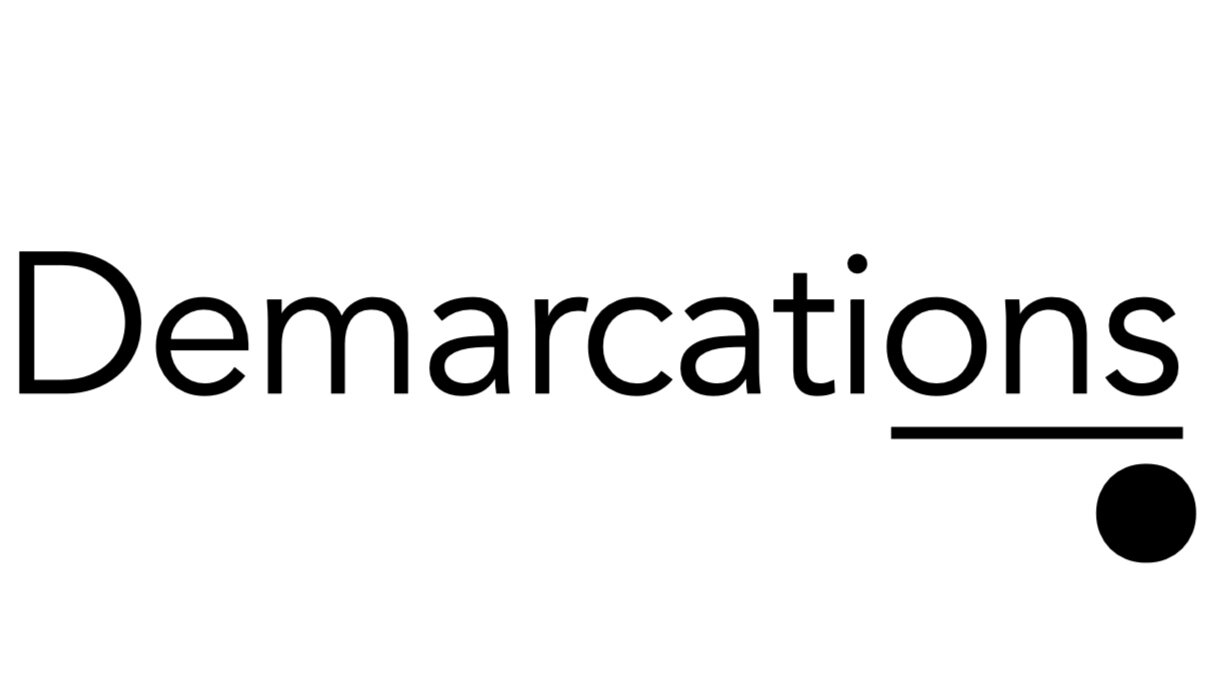Why do we wait for inspiration — a great idea, the missing insight, the theorem’s proof? Rarely do muses visit, and only then after we’ve demonstrated sustained effort and preparation, so as to welcome them through the front door. Yet the myth of the muse persists.
Rather than wait for the muse, prolific creators focus on doing the work itself, what Maria Popova calls “supremacy of work ethic over ‘inspiration.’”
Achilleion Palace, Corfu Island, Greece by Predrag Lukic
From Inside the Painter's Studio, painter and photographer Chuck Close says:
Inspiration is for amateurs — the rest of us just show up and get to work. And the belief that things will grow out of the activity itself and that you will — through work — bump into other possibilities and kick open other doors that you would never have dreamt of if you were just sitting around looking for a great ‘art idea.' And the belief that process, in a sense, is liberating and that you don't have to reinvent the wheel every day. Today, you know what you'll do, you could be doing what you were doing yesterday, and tomorrow you are gonna do what you did today, and at least for a certain period of time you can just work. If you hang in there, you will get somewhere.
L'acrobate (1930) by Pablo Picasso
In On Writing: A Memoir of the Craft, Stephen King, counsels:
Don't wait for the muse. As I've said, he's a hardheaded guy who's not susceptible to a lot of creative fluttering. This isn't the Ouija board or the spirit-world we're talking about here, but just another job like laying pipe or driving long-haul trucks. Your job is to make sure the muse knows where you're going to be every day from nine 'til noon or seven 'til three. If he does know, I assure you that sooner or later he'll start showing up.”
Years earlier, Pablo Picasso said: "Inspiration exists, but it has to find you working.”
In The War of Art, Steven Pressfield writes: “[T]he most important thing about art is to work. Nothing else matters except sitting down every day and trying.” When we sit down day after day and keep going, heaven comes to our aid. The Muse takes note of our dedication. “It’s not the writing part that’s hard. What’s hard is sitting down to write. What keeps us from sitting down is Resistance.” We experience “Resistance” as an energy field radiating from a work-in-potential. It aims to prevent us from doing our work because success would negate our ego.
In many ways, this approach is reminiscent of Cal Newport’s broader thesis in So Good They Can’t Ignore You, that peoples’ quest for “passion” in their work leads them to make unfortunate choices. He describes the Passion Hypothesis: “The key to occupational happiness is to first figure out what you’re passionate about and then find a job that matches this passion.” He argues this is wrong: “passion” is, instead, a side effect of mastery. And mastery comes from sustained effort to develop rare and valuable skills.
Whether over a career — or during a particular work session —the prolific creator focuses on working hard, lacking expectations of pleasure and immediate satisfaction.
It’s tempting to see our longing for “inspiration” as the result of living in a decadent Western society. We feel entitled to work that is at once deep and meaningful, but also easy and fun. (Sadly, many of us heard messages like this growing up.) If the work feels challenging and discordant at the moment, we are quick to render a diagnosis: we’re doing the wrong work. Or we’re going about it the wrong way. Something — or someone — is preventing us from fulfilling our destiny. Or maybe something is wrong with me. The answer is seldom: “this is work, and work is hard.”
We’ve come to idealize the concept of “flow,” hypothesized by psychologist Mihály Csíkszentmihályi, and popularized by writers thereafter. The idea is that when we’re doing the right work in the right way, it should just flow — in other words: it should feel easy. Many of us have experienced something like this, and we find ourselves chasing the dragon’s tail. But subsequent research, such as that of K. Anders Ericsson, suggests that feelings of “flow” are limited to certain domains and are not correlated with progress. So we should avoid confusing “flow” with actual productivity.
In fact, we know from experience that subjective productivity does not necessarily yield high output. We have all before produced good work while feeling terrible, and through a painful process drawn out worthwhile ideas. There was no flow. But we did good work nonetheless.
And we never know what our work will look like in an objective light. Tomorrow, how will those words read, how will the drawing look, the riff sound? We need distance between the work and our own evaluation of it.
Our best work lies just beyond a field of pain. Are we willing to cross it today?



